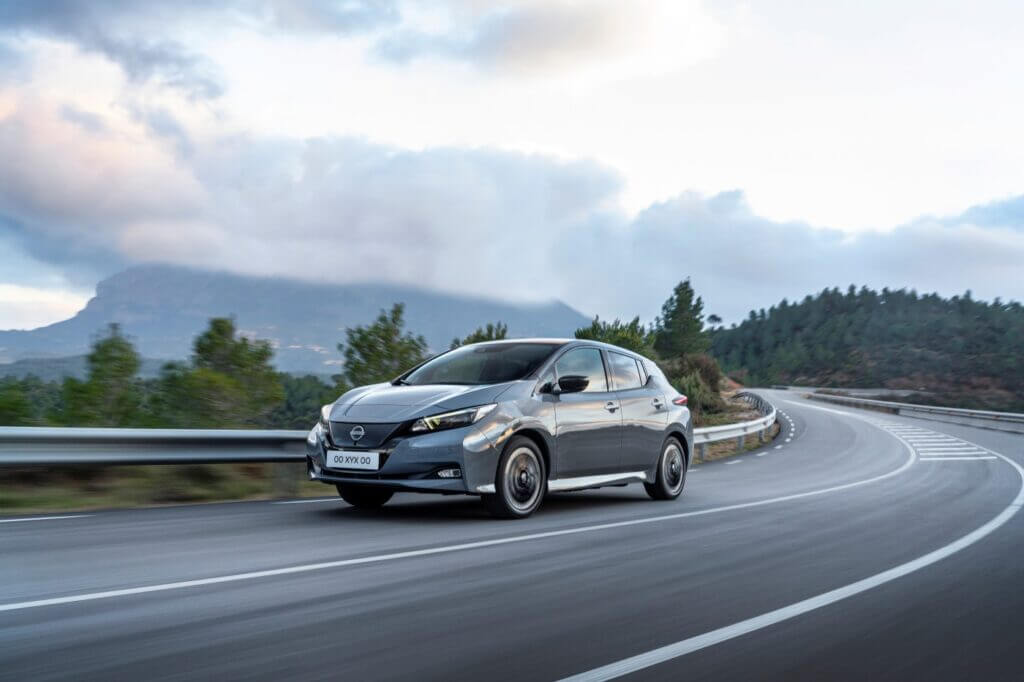Selling a car with outstanding finance
Before you proceed with the sale of your car it is important that you understand how your car finance arrangement may impact the process and even your ability to sell your car.
Can I sell a car with outstanding PCP finance?
PCP finance, also known as Personal Contract Purchase finance, is a type of car finance which considers how much your car will be worth when your contract expires.
The monthly payments on a PCP finance plan tend to be lower than other types of finance because the calculation acknowledges that your car’s value will depreciate over time.
However, unlike other car financing options, if you wish to buy your vehicle at the end of your term, you must make a lump sum called a ‘balloon payment’.
This is an optional payment which only needs to be paid if you wish to buy your car.
If you have a car with outstanding PCP finance, you cannot technically sell it unless you have made the balloon payment.
This is because it is only until you have made the final balloon payment that you become the legal owner of the vehicle.
Should you wish to sell a car with outstanding PCP finance, we recommend that you speak to a reputable car dealer who will be able to work with your car finance company to arrange for the outstanding balance to be settled.
Can I sell a car with outstanding HP finance?
HP finance, also known as Hire Purchase finance, is a type of car finance where the balance of the car (after a deposit) is split into equal payments that are often spread over several years. Unlike a PCP finance arrangement, you will not need to make a large balloon payment to own your car.
Instead, in order to own your car you will need to settle all repayments and pay a small ‘Option to Purchase’ fee.
Technically, it is illegal to sell a car with outstanding HP finance. This is because you only become the legal owner of the vehicle once all payments have been made.
Should you wish to sell a car with outstanding HP finance, we recommend that you speak to a reputable dealer who will be able to work with your car finance company to arrange for the outstanding balance to be settled.
Can I sell a car with outstanding PCH finance?
PCH finance, also known as Personal Contract Hire finance, is a lease agreement rather than a purchase agreement. With a PCH finance arrangement you will have your car until the end of your contract, after this period of time you will have to hand back your keys because there is no opportunity to purchase your car.
Since there is no opportunity to purchase a car on PCH finance, you are unable to sell a car with outstanding PCH finance.
Can I sell a car with outstanding CS finance?
CS finance, also known as Conditional Sale finance, is a type of car finance where you buy your car through monthly instalments.
Unlike HP finance there is no ‘Option to Purchase’ fee in your final payment which means that when you sign the contract you are making a commitment to buy the vehicle.
Under a CS finance arrangement the finance company owns the car until you make all the repayments. Therefore, while your car is on CS finance you are unable to sell it.
However, once you make the final payment and become the legal owner of the vehicle you will be able to sell it.
Can I sell a car that was bought with a personal loan?
If you bought a car using a personal loan as opposed to buying a car on finance, you will be able to sell your car because you will be the legal owner of the vehicle.
However, if you are considering using a personal loan to purchase a car it is important that you consider the depreciation of the vehicle.
A car’s depreciation is important because when you go to sell it, you may find that the money does not cover the balance left on your loan. If this is the case, you will need to take the appropriate action to ensure that you are able to pay the remaining balance.
Part exchanging a car on finance
The process for part exchanging a car on finance is very similar to selling a car on finance.
If you are considering part exchanging your car on finance, the first thing you will need to do is obtain a settlement figure. To obtain this figure you will need to contact your car finance company. They will then provide a settlement quote which is the total of your outstanding balance, plus any additional fees that they may charge you.
Once you have obtained this settlement figure, you will need to get a valuation of your car. With these two figures you will need to visit a car dealership and ask what part exchange they can offer.
If you have outstanding finance a reputable car dealership should be able to liaise with your car finance company to clear the finance and enable you to proceed with part exchanging your car.
How to sell your car on finance
While selling your car on finance is slightly more complicated than the usual process, it is still a common occurrence. Here are the steps you need to follow when selling a car on finance.
1. Obtain a settlement figure
If you wish to sell your car with outstanding finance, you will need to get in touch with your car finance company and request a settlement figure. This settlement quote will be your outstanding balance plus any additional fees which your car finance company may charge for leaving the finance agreement early.
How long it takes to receive your settlement figure after requesting it is dependent on your car finance company. However, they have a legal obligation to post a settlement figure within 12 days of your request.
2. Value your car
The next stage in selling your car with outstanding finance is to get a free online valuation. To do so, simply head to our free online valuation tool.
By understanding how much your car could sell for, you will be able to work out whether you have positive or negative equity. If you have positive equity, the sale of your car will cover the settlement figure. Whereas, if you have negative equity, the sale of your will not cover the full settlement figure and you will need to take steps to ensure that you are able to pay the difference.
3. Settle the existing agreement
The settlement figure which you received will only be valid for a certain period of time. For this reason it is important that you pay off the outstanding balance (and additional fees) before it expires. If the valuation of your car is higher than the settlement quote, you will be in positive equity, and so, after paying the figure you will have money remaining.
However, if the valuation of your car is lower than the settlement figure, you will be in negative equity. If this is the case, you will need to pay the difference.
If you fail to pay the settlement figure and it expires, you will need to request a new figure before you can proceed to sell your car.
You cannot sell your car before you have settled the finance. If you are selling your vehicle to a car dealership they may be able to assist you to settle the outstanding finance.
4. Sell your car
Once you have paid the settlement figure you will be able to sell your car.
If you sorted your vehicle’s finance by yourself, you will be able to advertise your vehicle straight away. However, if you sold your vehicle to a car dealership they will need to complete the required paperwork and give you any remaining equity so that you can purchase your next car, if desired.



